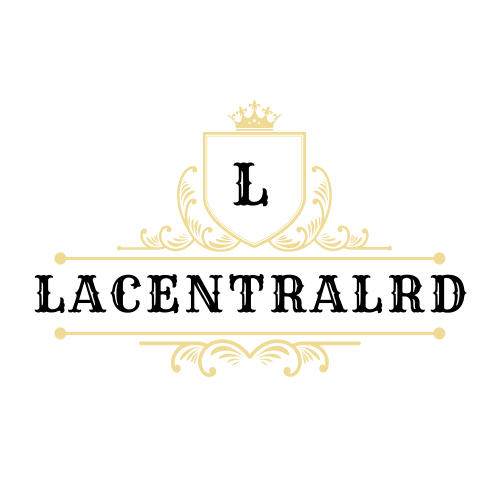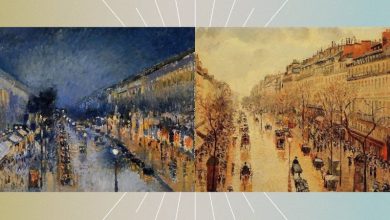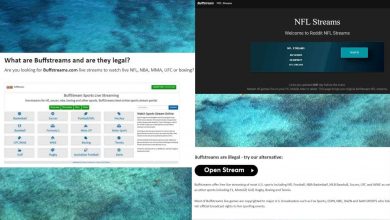Reading books are a great hobby for someone to do in their leisure time. But you know what is even great? Watching movies or TV shows based on books. Several TV shows are released out there that are solely based on some books. According to the IMBD rating list, some tremendous super-hit shows are based on books that people do not even know about, which can be unfortunate.
Unfortunately, people rave about some shows without even realizing that it has been released as a book a long time ago. There has been a never-ending classic debate on whether books are better or TV shows. However, according to the rating list, the IMBD has got a different opinion which might change the minds and opinions of some people.
Nevertheless, if you are someone that does not like to read books, then you are lucky because the following listed shows can give you quite a nice experience of the same story as books have and will provide you with enough content to start or participate in a heated argument regarding a particular show.
However, to get the best streaming experience you need to get one of the best internet connections which you can get with Xfinity Wifi Plans, both affordable and bundled with internet, tv, and phone for easy management.
Table of Contents
Here are some TV shows based on books, which non-book readers should check out:
1. Defending Jacob: IMBD rating-8
Defending Jacob is a miniseries that revolves around a crime thriller. It is available on Apple TV+. The plot follows the story of a Boston Assistant and his family. Their teenage son is accused of murder and the story further unfolds with different twists and turns. This TV show is based on a book written by William Landay.
As listeners follow the swirl of conflict and emotions surrounding the murder of a student, there are essentially no variations between the novel and the show. One parent believes in their son’s innocence, while the other begins to doubt his values. On IMDb, the show earned a very positive response for a miniseries. And with good reason: the show keeps viewers hooked until the end and has an unexpected finish.
2. Sharp Objects: IMBd rating- 8.2
Sharp Objects is based on a novel of the same name which is written by Gillian Flynn. It is miniseries in the genre of a psychological thriller. It keeps the audience on the edge of their seats throughout the show. The plot revolves around the protagonist which has a dark past and is tied with a dark story of murder.
Not just the excitement of the murders, but also the investigator’s internal anguish is what makes this show appealing to watch. The plot revolves around an alcoholic crime writer who after being discharged from a mental hospital, returns to her childhood home to investigate the killings of two young girls. Under her mother’s watchful eye, she finds herself spiraling back down the rabbit hole.
3. Watchmen: IMBD rating- 8.1
The Watchmen graphic novel has previously been adapted for the big screen. This isn’t to imply that the film was a disaster. It was nearly identical to the original graphic novel in terms of shot composition. The show, on the other hand, appears to have carved out its niche in the universe. Zack Snyder’s film and its lackluster performance are no surprise to fans.
Fans were originally skeptical about yet another adaptation of this graphic novel, but it appears to have been a success as it does not follow the plot of the movie or the graphic novel; instead, it forges its route.
4. Games of Thrones: IMBD rating- 8.4
Without Game of Thrones, where would this list be? This production is a period piece with mystery, murder, intrigue, drama, and humor. The fans continue to be enthralled by the characters and their stories despite the fact that the show kills a lot of its characters.
It might upset some viewers but it does not stop them from watching this amazingly intriguing show. Although the series has come to an end, the books will remain available.
The rating is alone enough to convince you. Hence, if you haven’t seen it yet, you should add it to your list for 2022 and watch it.
5. The Witcher: IMBD rating- 8.4
The majority of folks are unaware of the fact that The Witcher is based on novels rather than the various video games. The show follows a monster hunter who discovers that people can be much more terrifying than the ugly monsters he hunts. The Last Wish was the first book to feature Geralt of Rivia.
Author Andrzej Sapkowski has authored a total of eight books featuring Geralt. The last book was published in 2013, and they have continued to publish graphic novels after then.
6. The Handmaid’s Tale: IMBD rating- 8.4
The Handmaid’s Tale is based on a book, as many people are aware. It has been written by Margaret Atwood, a Candian gem. The book is set in a dystopian society where only a few women are still capable of bearing children. The show follows the same plot.
Moreover, these women are constrained to act as handmaids to ladies who can’t bear offspring of their own. The novel is about power, control, and major basic freedoms. It was first delivered in 1985, and the main book fills in as the establishment until the end of the series.
Conclusion:
If you are someone that prefers watching a show rather than reading a book then you should check out the above-discussed shows and become part of the clan.
Visit for more articles





